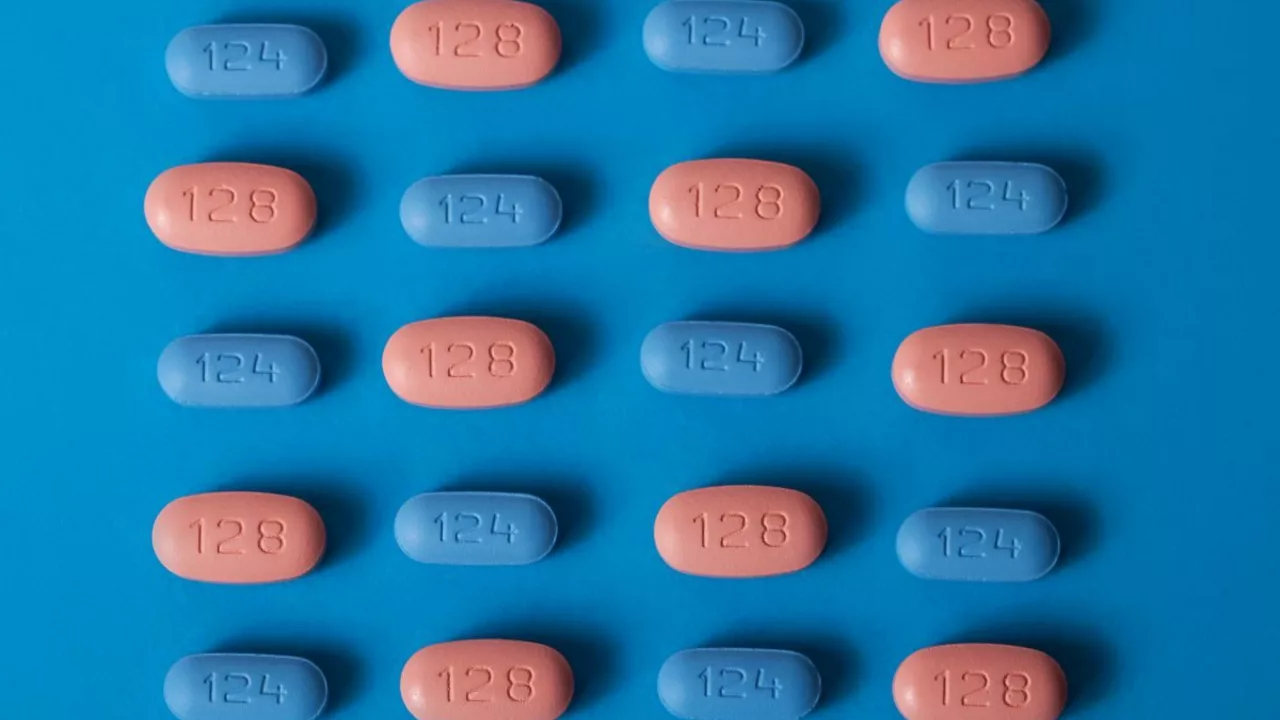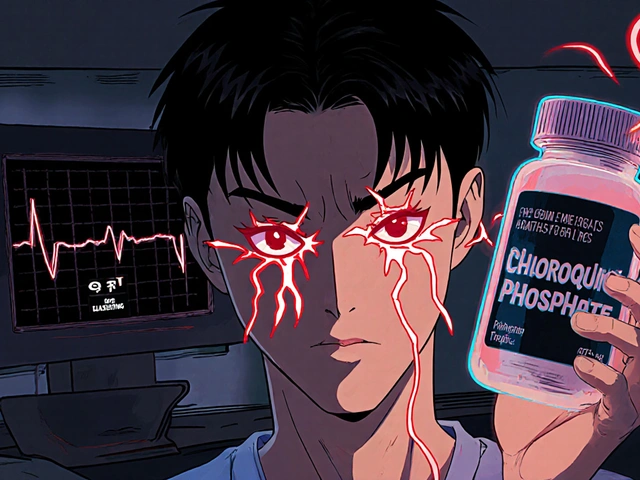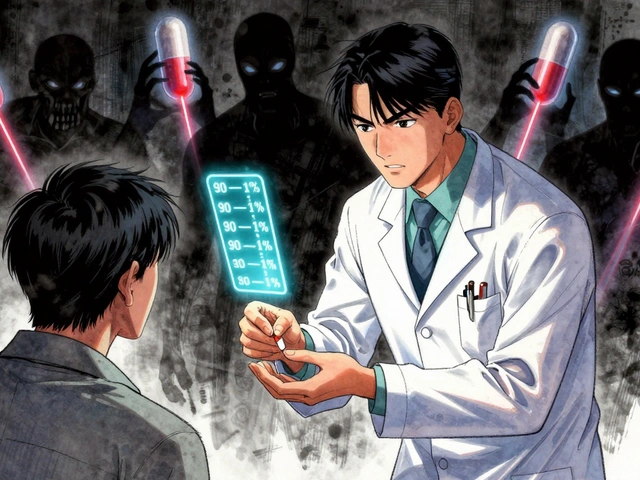HIV Treatment Guide: What Works and How to Stay Healthy
If you or someone you know is dealing with HIV, the first thing you probably want to know is – what can I take to keep the virus under control? The short answer is antiretroviral therapy, or ART. It’s a mix of medicines that stop the virus from multiplying, letting your immune system bounce back. Most people start with a once‑daily pill, but there are other options if swallowing pills is tough.
Main Types of HIV Medication
ART usually combines three drugs from at least two different classes. The most common classes are:
- Nucleoside reverse transcriptase inhibitors (NRTIs): block the virus’s ability to copy its DNA.
- Non‑nucleoside reverse transcriptase inhibitors (NNRTIs): attach to a different part of the same enzyme and shut it down.
- Protease inhibitors (PIs): stop the virus from cutting up proteins it needs to form new virus particles.
Newer classes like integrase strand transfer inhibitors (INSTIs) are becoming first‑line because they work fast and have fewer side effects. Your doctor will pick a combo that fits your health, other meds you take, and how your body reacts.
Tips for Managing Side Effects
Even the best drugs can cause unwanted feelings – nausea, fatigue, or mild headaches are common at first. Here’s what helps:
- Take your pill with food if it upsets your stomach.
- Stay hydrated; many side effects improve when you drink enough water.
- Keep a simple symptom diary. Write down what you feel and when – this makes it easier for your doctor to adjust doses.
If an issue sticks around, don’t quit on your own. A quick call to the clinic can lead to a switch in medication or a small dose change that solves the problem.
Beyond meds, living well with HIV means regular check‑ups, keeping viral load low, and taking care of overall health. Exercise a bit each day – even a short walk helps your immune system. Eat a balanced diet rich in fruits, veggies, and lean protein to give your body the nutrients it needs.
Lastly, mental health matters. Dealing with a chronic condition can be stressful, so talk to friends, join a support group, or see a counselor if you feel down. Staying positive isn’t magic, but it does make sticking to treatment easier.
Bottom line: modern HIV treatment is powerful and manageable. With the right drug combo, a few lifestyle tweaks, and open communication with your healthcare team, you can keep the virus in check and live a full life.

Atazanavir and HIV Treatment in the Context of Health Disparities
In my latest exploration of health disparities, I've been focusing on the role of Atazanavir in HIV treatment. The drug has been proven to be effective in controlling the virus, but there's a catch. It's not equally accessible to all sections of the population, leading to a significant health disparity. This inequality can be traced back to socioeconomic factors and healthcare access. It's a glaring issue that we need to address to ensure that everyone battling HIV gets a fair shot at treatment.
Detail




